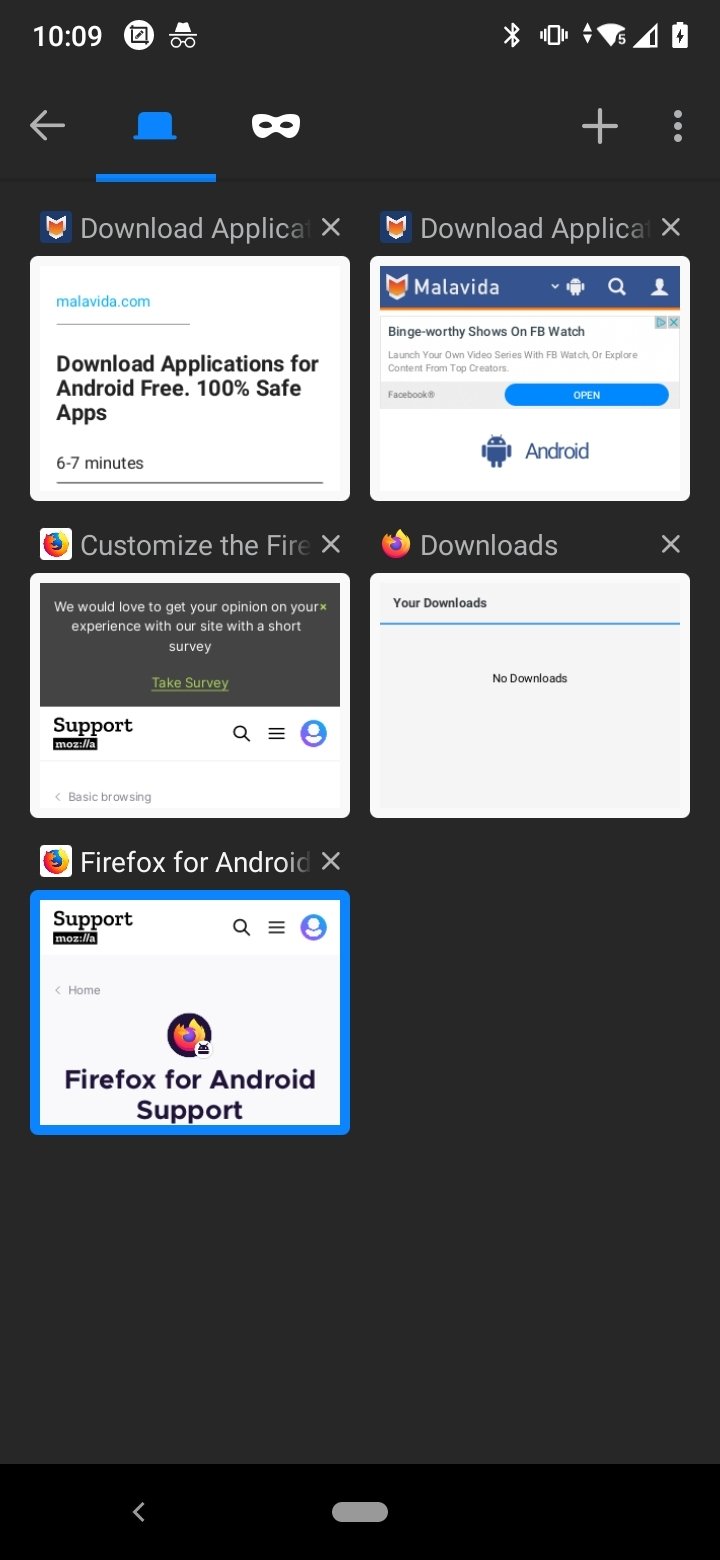

In the future, promise rejections that are not handled will terminate the Node.js process with a non-zero exit code. (node:12256) DeprecationWarning: Unhandled promise rejections are deprecated. To terminate the node process on unhandled promise rejection, use the CLI flag `-unhandled-rejections=strict` (see ). This error originated either by throwing inside of an async function without a catch block, or by rejecting a promise which was not handled with. (node:12256) UnhandledPromiseRejectionWarning: Unhandled promise rejection. (C:\Users\Milen\Desktop\Puppeteer-Test_Firefox\node_modules\puppeteer\lib\Launcher.js:740:61)Īt Process.ChildProcess._handle.onexit (internal/child_process.js:275:12) (node:12256) UnhandledPromiseRejectionWarning: Error: Failed to launch the browser process!Īt onClose (C:\Users\Milen\Desktop\Puppeteer-Test_Firefox\node_modules\puppeteer\lib\Launcher.js:750:14)Īt ChildProcess.

mr. So, you set any filename you want which is assigned to some variable and then you just use it along your code/filesystem (download, save, move, delete). Puppeteer to work as expected, the same way (or near) as it works with chrome/chromiumĬ:\Users\Milen\Desktop\Puppeteer-Test_Firefox>node test.js You can download file not by browser itself but with npm http/request library as shown in example. executablePath: 'C:/Program Files/Mozilla Firefox/firefox.exe'ĮxecutablePath: 'C:/Program Files/Firefox Developer Edition/firefox.exe',Īwait page.type('#search_form_input_homepage', 'Puppeteer')Ĭonst searchValue = await page.$eval('#search_form_input_homepage', el => el.value) executablePath: 'C:/Program Files (x86)/Google/Chrome/Application/chrome.exe'


 0 kommentar(er)
0 kommentar(er)
